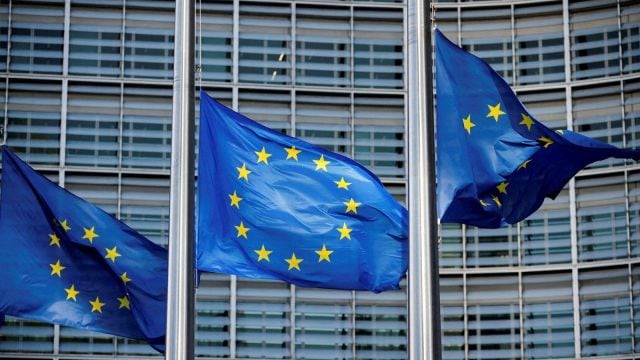Tech giants fall short of compliance with Digital Markets Act: European consumer rights group
Meta, Apple, and Google are yet to make their platforms interoperable, a report by consumer association BEUC read.
 Companies that are found to have violated the AI Act could incur hefty penalties. (File photo)
Companies that are found to have violated the AI Act could incur hefty penalties. (File photo) There’s plenty left for tech giants to do before they are in compliance with the European Union’s Digital Markets Act (DMA), according to a report released by a consumer rights organisation in the region.
Specifically, European consumer association BEUC has pointed out that Meta, Apple, and Google are yet to make their platforms interoperable with third-party businesses as required by the DMA.
While acknowledging that there have been “some improvements”, BEUC’s competition policy officer Sebastien Plant said, “we are not yet there, although the DMA is necessary to provide consumers with more and better choice.”
“Interoperability is key to open the market,” Plant was further quoted as saying by Euro News. The group has called on EU authorities to probe the obstacles keeping major platforms from opening up to consumers.
Additionally, BEUC has demanded Meta to conduct live-testing in order to assess the interoperability of WhatsApp and Facebook Messenger with third-party instant messaging services.
It has also said that Apple should allow users to choose a third-party browser as the default more easily by providing a one-step-one-click option. On Google, the BEUC report said the search giant should ensure that other businesses have a “fair chance” by making the results pages interoperable with vertical search services.
The EU’s Digital Markets Act lays down obligations for companies that have been designated as “gatekeepers” based on the size and dominance of their platforms on the digital market.
Companies that are found to have violated provisions of the DMA could incur penalties of up to ten per cent of their global turnover. So far, the European Commission has found that Apple App Store’s anti-steering policies breach the DMA. Meta’s ‘pay or consent’ model has also come under regulatory scrutiny. Google’s alleged preference of its vertical search services over rival services is also being probed by the Commission.







